War, radicalisation and refugees

Many people living in areas affected by violence and conflict experience a negative impact on their mental health.
One in five develop a mental health condition, a much higher figure than for populations not affected by conflict.
Oxford’s researchers are working with communities around the world to understand how their experiences of violent conflict and displacement increase the likelihood of developing mental health conditions – and to provide innovative solutions for better health outcomes.
War, conflict and mental health
Mental health and violent conflict
Research from Oxford’s Department of Psychiatry shows that post-conflict stressors in addition to war trauma play an important role in the development of mental health disorders.
Researchers found that exposure to war was significantly associated with post-traumatic stress symptoms, but depression was associated more with daily stresses from post-conflict life.
The Oxford Department of International Development’s Young Lives study is a unique longitudinal study of poverty and inequality that has been following 12,000 children in Ethiopia, India Peru and Vietnam since 2001.
Using data from two calls in the Young Lives 2020 phone survey, the team examined the association between mental health and violent conflict in Ethiopia's Tigray region.
The authors, including Oxford’s Dr Marta Favara, discovered that after the outbreak of violent conflict on 4 November, young people's mental health significantly worsened.
By the end of the year, 2 in 5 young people were experiencing mental health issues, with rates of anxiety (34%) three times higher than 2–3 months earlier. Rates of depression increased from 16% to 25%.
A recent report from Young Lives led by Kath Ford shows that young people are less confident about their futures for the first time in the 20-year study, across all four countries in the Young Lives study – Peru, Vietnam, India and Ethiopia.
‘Priority should be given to measures which mainstream and integrate mental health care into existing services at the community level, as well as to break the silence around mental health issues.’
Young Lives will return to the field in 2023 to gather new data and insights on the medium-term impact of the pandemic on young people’s mental health and wellbeing, alongside the compounding effects of increasing food insecurity and the ongoing conflict in Ethiopia.
Psychological impact on witnesses to trauma
Psychologically traumatic events, such as war or road traffic accidents, are widespread. A small but significant proportion of survivors develop post-traumatic stress disorder (PTSD).
Distressing sensory-based involuntary memories of trauma ('flashbacks') are the hallmark symptom of PTSD. Understanding the development of flashbacks may aid their prevention. Researchers from Oxford’s Department of Psychiatry are working to understand the neural mechanisms of flashback memory formation.
To further understand psychological trauma in the aftermath of war, the Department of Psychiatry looked at symptoms reported by the veteran population and emergency responders receiving pensions from the 1940s to 1980.
In a random sample of 500 UK army veterans, 50 civilians and 54 emergency responders receiving a pension for post-traumatic illness following air-raids, the 10 most common symptoms reported were anxiety, depression, sleep problems, headache, irritability/anger, tremors/shaking, difficulty completing tasks, poor concentration, repeated fears and avoidance of social contact.
Similar adverse emotional and behavioural affects were seen in children whose fathers had been deployed to the conflicts in Iraq and Afghanistan, who were suffering themselves from symptoms of PTSD.
A joint study from the University of Oxford and King's College London, with funding from the Wellcome Trust, wanted to see if they could identify risk factors that made people more likely to suffer PTSD or major depression when working in the emergency services.
The team, including Dr Jennifer Wild from the Department of Experimental Psychology, found that even accounting for past psychiatric history, people were more likely to experience PTSD and depression if they had lower perceived resilience to trauma, or if they dwelled on stressful events from the past before they started their training. Significantly, the number of traumatic incidents they experienced could not be used to predict PTSD but was relevant to predicting major depression.
‘Early assessment means that those who are more at risk can be offered training to improve their resilience to stressful and traumatic experiences.’
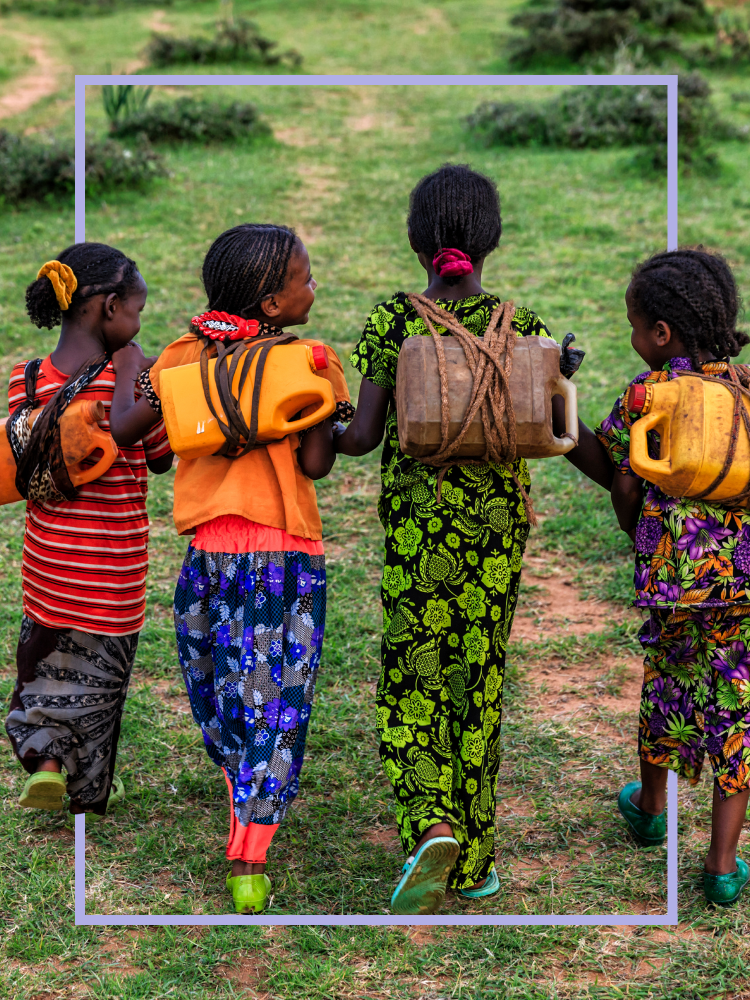
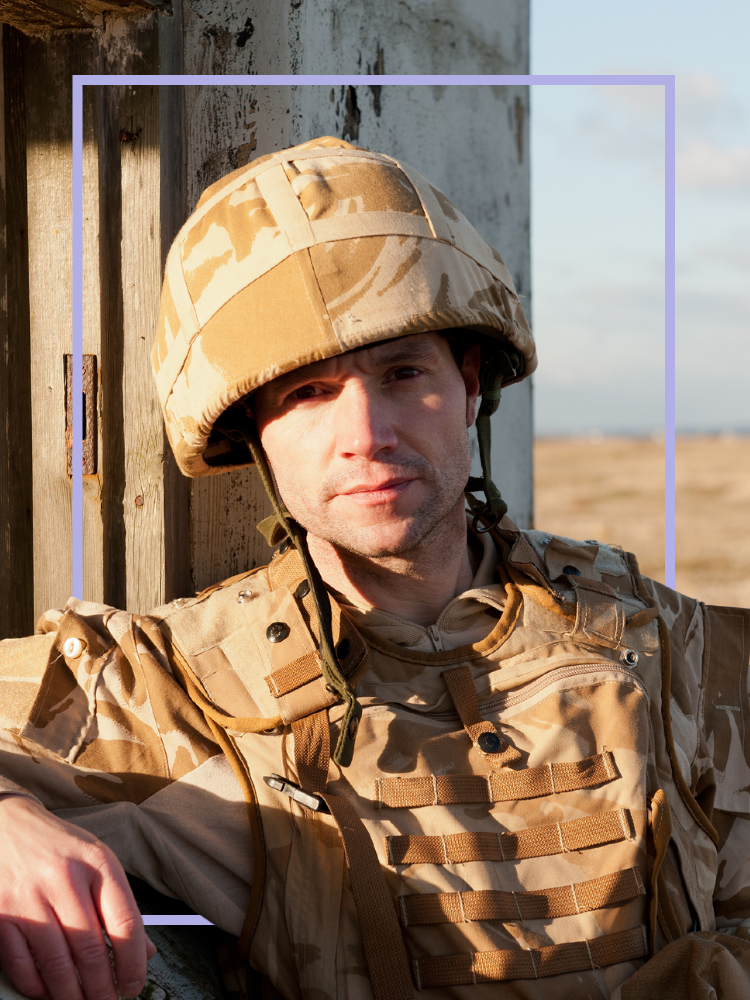

Radicalisation and terrorism
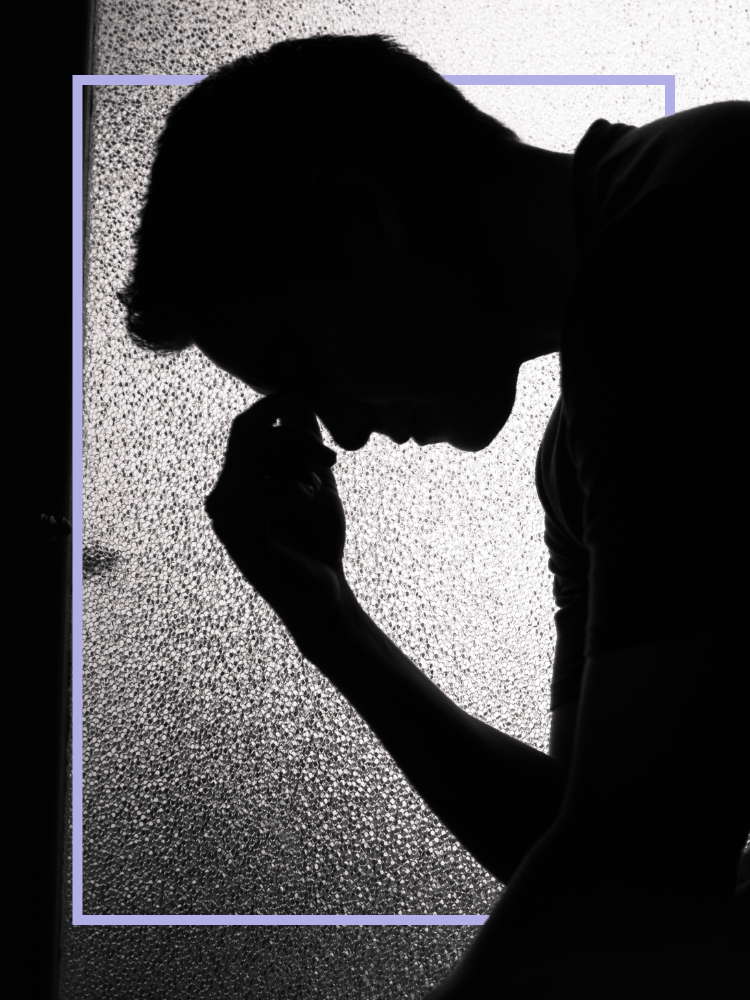
Understanding radicalisation and mental health
Professor Kamaldeep Bhui, a researcher from the Department of Psychiatry, in partnership with researchers from the University of New South Wales conducted a cross-sectional survey of Muslim men and women aged 18–45 in two English cities.
Their results found a significant association between anxiety and sympathy for terrorism, and the use of defensive violence. The research also found that the links between depression, anxiety and sympathy for terrorism and violence were driven by underlying biological and cognitive causes of these common mental disorders.
Radicalisation:
Radicalisation is a process by which individuals adopt extreme political, social and religious ideation that leads to acts of mass violence
Previous theories of extreme self-sacrifice have revealed that a range of factors fuel the decision to, for example, become a suicide bomber. These include collective identity, hostility from others outside of the group and, in some cases, diminished mental health and depression.
However Oxford University research, led by Professor Harvey Whitehouse, from Oxford’s School of Anthropology & Museum Ethnography, suggests that there is a unique psychological process that may play a crucial role in motivating the ultimate sacrifice: identity fusion.
Identity fusion – a visceral sense of oneness with the group – results from feelings of shared essence, forged through the sharing of emotional, life-shaping experiences, and can be a more powerful motivator of self-sacrifice than merely identifying with a group.
Professor Whitehouse’s team hopes their work can help policymakers develop strategies to counter the rise of violent extremism.
‘Only by understanding better the underlying causes of pro-group commitment can we benefit from its potential for building trust and cooperation while limiting its capacity to stoke intergroup conflict.’

Refugees and asylum seekers
Mental health disorders in displaced communities
Refugee populations are at risk of developing mental disorders as a result of their marginalised status, socioeconomic disadvantage and exposures to trauma.
Refugee:
A person who has been forced to leave their home and seek refuge elsewhere, especially in a foreign country, from war, religious persecution, political troubles, the effects of a natural disaster, etc.
Researchers from the Nuffield Department of Primary Care Health Sciences contributed to a study examining the impact of housing and social support on psychiatric disorders among Somali migrants.
Over a five-year period, 142 Somali migrants were interviewed to gather detailed accommodation histories.
They were asked about the reasons for changing accommodation, perceived discrimination, asylum status, traumatic experiences, social support, employment and demographic factors.
Asylum-seeker:
A person seeking refuge or asylum in a nation other than their own
The study found those who were forced to move homes were more likely to have a psychiatric disorder compared with those moving through their own choice.
A lower risk of psychiatric disorders was found for people with larger friendship networks, for those with more confiding emotional support, and for those who had not moved during the study period.
Impact on women and children
Women and children bear substantial morbidity and mortality as a result of armed conflicts.
Nearly 36 million children and 16 million women were displaced in 2017, on the basis of international databases of refugees and internally displaced populations.
Women & War: A Feminist Podcast is hosted by Dr Dilar Dirik, Joyce Pearce Junior Research Fellow from Oxford’s Refugee Studies Centre.
It provides a platform to learn about women’s struggles for liberation, justice and peace and amplifies critical contemporary feminist work in the field of war, violence, colonialism, and forced migration.
The number of refugee children is the highest it has been since the end of the Second World War , with the Syrian civil war contributing considerably to the forced displacement of children currently in the world.
The Department of Psychiatry’s Child & Adolescent Psychiatry team developed a podcast, Mental Health Interventions for Refugee Children, covering how to assess the needs of refugee children, and how to think about their family, school environment and communities.
The podcast also describes some commonly used psychological therapies to help listeners better understand treatment options.
The series was developed by Professor Mina Fazel, Child Psychiatrist and Researcher at the Department of Psychiatry, in partnership with Esther Schroeder.
‘Refugee children's mental health can be the crucial determinant of whether or not that child is able to settle and learn at school, whether they are able to make friends and plan their future contribution to their family and society.’
An Oxford study indicates that about a third of asylum-seeking Afghan children who arrive in the UK without their parents or a guardian are likely to experience symptoms associated with PTSD.
However, they also found those in foster care are less likely to be suffering from PTSD than those in shared accommodation with other asylum-seekers and refugees.
Supported by the John Fell Oxford University Fund, researchers including Professor Paul Montgomery from the Department of Social Policy and Intervention, looked at boys and young men aged 13–18.
They found that teenagers in foster care were less likely to be suffering from PTSD, perhaps because those in foster care receive more support.
‘In examining the mental health of this vulnerable group of teenagers, we found that those in foster care did best. We believe this is because they received a higher level of support than those in shared accommodation. We hope that these findings can inform future intervention policies concerning unaccompanied asylum-seekers.’
Impact of immigration detention on mental health
Commissioned as part of an independent review of policies and procedures affecting the welfare of people held in immigration removal centres, Professor Mary Bosworth from Oxford's Faculty of Law conducted a literature review investigating the impact of immigration detention on mental health.
Announced by then Home Secretary Theresa May, the results of the review found consistent evidence of a negative impact of detention on the mental health of detainees, with these negative effects enduring long after a person is released from confinement.
It identified worse mental health outcomes for those who have been tortured, and identified women as a vulnerable group.
The review also found growing evidence of the negative impact on the mental health and wellbeing of staff in detention centres.
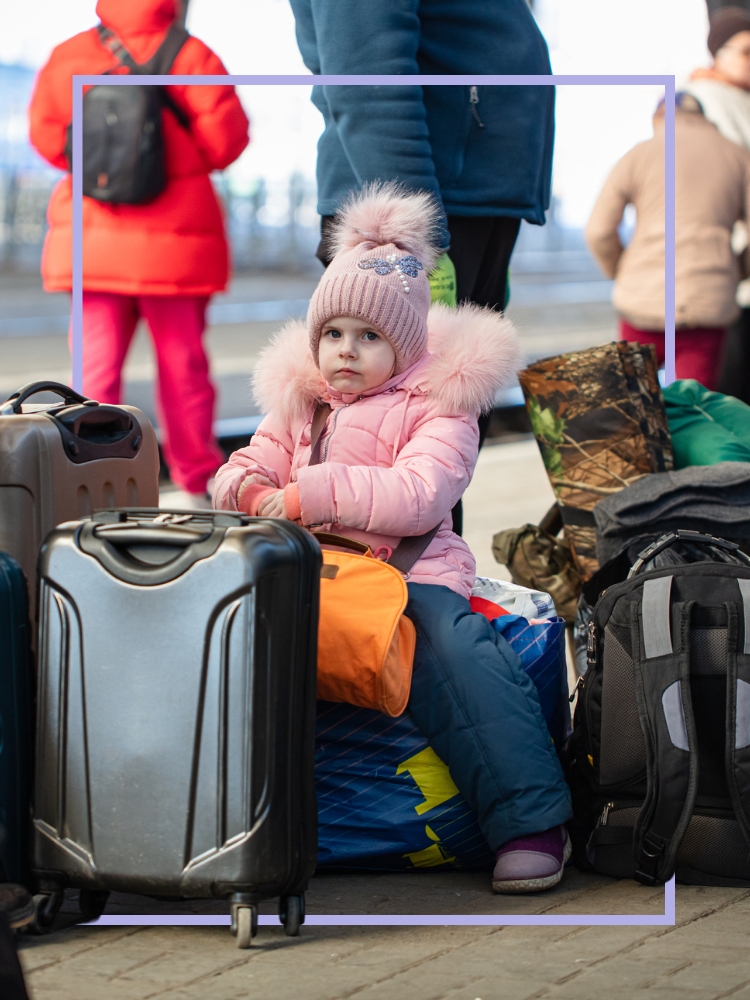
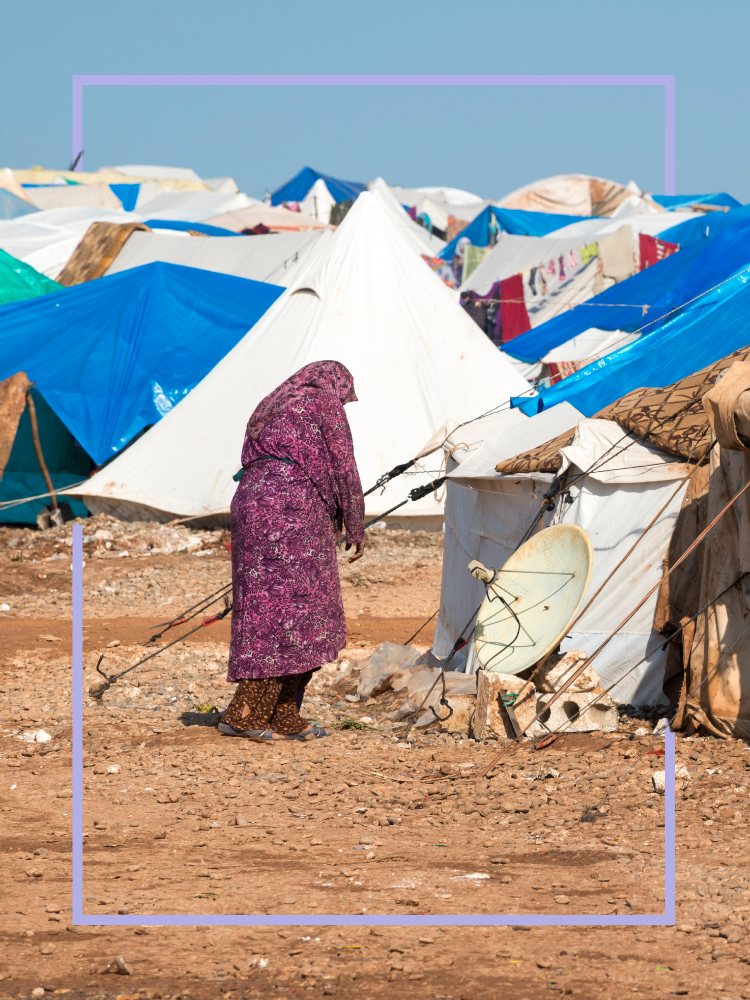
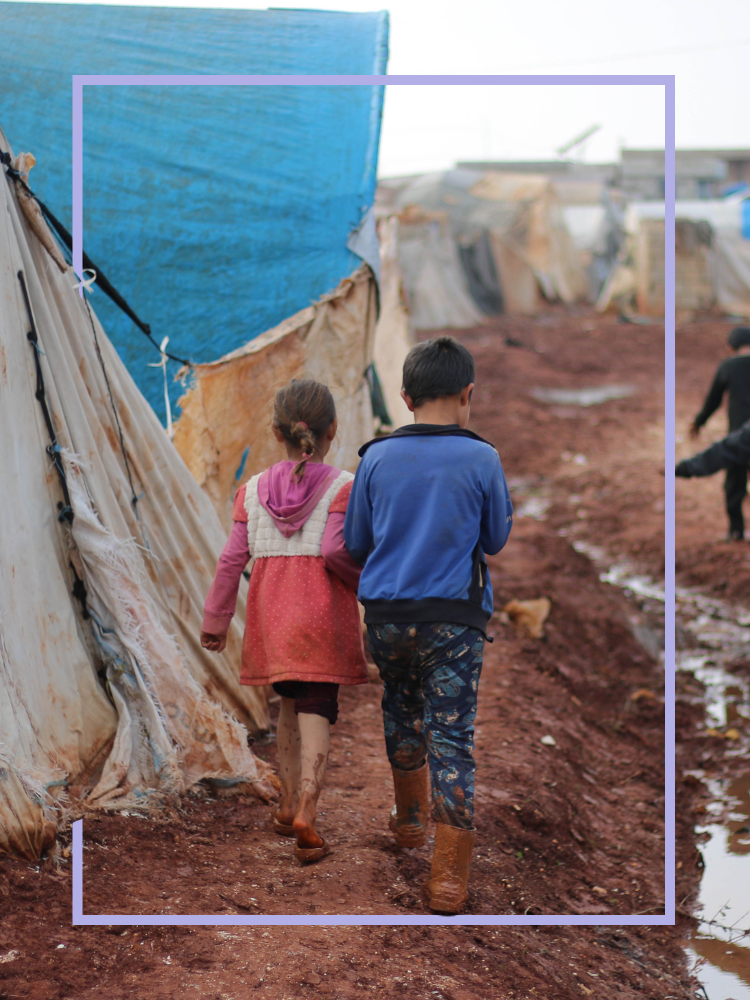




Improving outcomes for resettled refugees with AI
The refugee ’resettlement gap’ continues to be a global problem. Of the estimated 1,200,000 refugees in need of resettlement in 2018, only 55,692 (4.7%) were actually resettled.
An international collaboration, conducted by researchers at the Universities of Oxford and Lund, Sweden as well as the Worcester Polytechnic Institute, involved developing Annie MOORE, AI-powered software using complex computational tools to match refugees to local communitites by their needs, skills and the number of available resources and opportunities available.
The software was co-authored by Dr Alexander Teytelboym from Oxford's Department of Economics, and was originally developed for use by the non-profit organisation HIAS in the United States to resettle refugees, and has been trialled with success. It is the team’s vision that, with further research, this work can be adapted to support other countries, such as the UK and Sweden.
‘The software takes on the bulk of the work of figuring out straightforward placements while drastically improving refugee outcomes. This fast-track approach means that the resettlement staff can then focus more time on supporting refugees with issues such as mental health, long-term conditions, and previous trauma etc., for whom it is often harder to find good placements.’
Resettlement for better mental health outcomes
Frequent geographical movements can be stressful and detrimental to wellbeing, as they disrupt family life and child development.
A 2019 report by The Centre on Migration, Policy and Society (COMPAS) at the University of Oxford explored barriers to employment for refugees and asylum migrants.
The report found efforts to help refugees who have settled in the UK integrate into British society have been constrained by the lack of information on the resettlement outcomes of other refugees. The report identifies information on jobs and the labour market as particular gaps. The research also identified that lengthy legal restrictions to access the labour market while asylum claims are being evaluated can have adverse long-term consequences for mental health.
‘Naturally, we found that asylum migrants – who have often fled conflict and other trauma - are more likely to suffer long-lasting health problems that affect their ability to work than people born in the UK and other migrants.’
Modern slavery
Modern slavery is a term that incorporates a range of exploitative situations involving the violation of human rights and the subjugation of individuals.
Research led by the University of Oxford – with the London School of Economics and Political Science, and the Centre for Women's Research, Colombo – looked at the huge physical and mental health toll suffered by migrant women from poorer Asian countries like Sri Lanka who work as cleaners and maids in Gulf countries.
The researchers carried out in-depth interviews with migrant women, as well as representatives from trade unions, national and local governments, recruitment agencies, medical testing centres, and labour migration and health experts from the UAE, Kuwait, Jordan and Lebanon.
The research was funded by the International Migration Initiative of the Open Society Foundations.
‘The health and labour rights of women migrating for work abroad is largely ignored by many of their host countries resulting in modern day contract slavery in many cases.’



